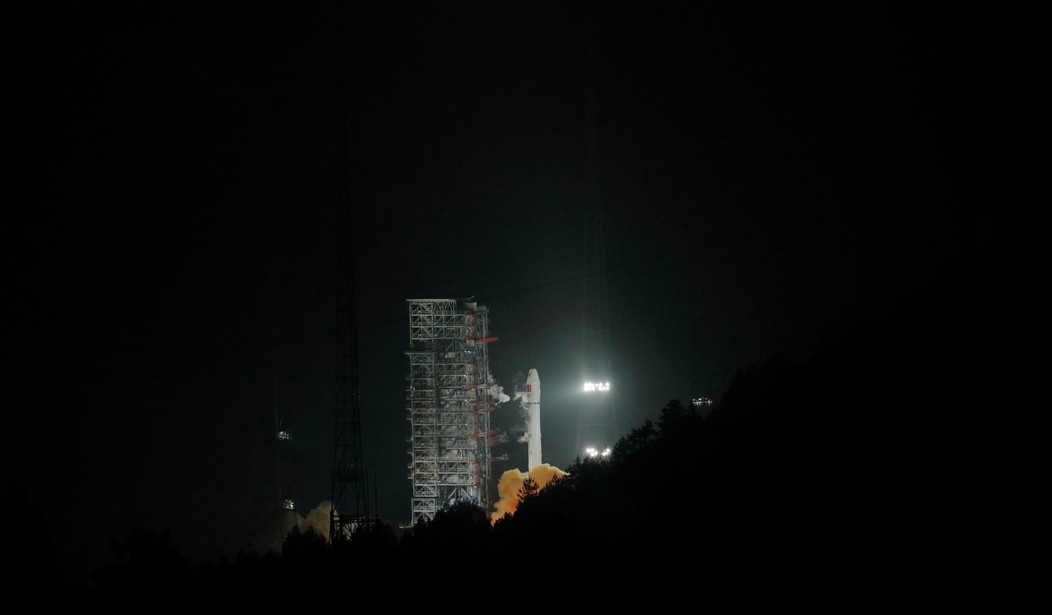At some point the populist rebellion will outgrow its personality roots and be asked to articulate a program. It is never enough in the long run to merely be against something; it is always necessary to be for something. Inside the chaos of the last decade a few themes have appeared to risen above the bedlam. The following is an attempt to speculatively predict these trends in the knowledge the estimate may be completely wrong.
The basic premise is the populist crisis has been created by the 21st century itself. As the post World War 2 order aged the existing elites simply evaded the question of quo vadis secure in the belief they were at the end of history. They started rearranging the flowers on the margin, tidying up the carbon, de-triggering speech and pursuing gender equality. Like some physicists at the start of the 20th century they had presided over an achievement so great that psychologically they may have felt that nothing could be added. There was no sense of being under geopolitical threat, even after 9/11, the rise of China or the stirrings of Russia.
At the end of the 19th century, physics had evolved to the point at which classical mechanics could cope with highly complex problems involving macroscopic situations; thermodynamics and kinetic theory were well established; geometrical and physical optics could be understood in terms of electromagnetic waves; and the conservation laws for energy and momentum (and mass) were widely accepted. So profound were these and other developments that it was generally accepted that all the important laws of physics had been discovered and that, henceforth, research would be concerned with clearing up minor problems and particularly with improvements of method and measurement.
By contrast the Chinese elites were both strategically restless and uninhibited. They didn’t stop in the middle of a thought and ask “is this gender neutral”? The only question China asked was: does this work for China? They saw the in the 21st technology not a perfection of destiny but an obvious opportunity to leapfrog and break away. A race was on and only China, among the major powers, seemed to hear the starting gun. The Western public heard it too, but their ruling elites did not.
The Western publics sensing the erosion, with a dread amplified not only by the indifference of the elites but by a lack of a clear conception of the threat and alternatives to it, attempted to enter any port in the storm. Populism presented itself in the motley attire of borrowed, half-baked political finery. Because it was half-baked it appeared to its opponents in bewildering guises. Few noticed one crucial common factor: it arose in the West through elections. Neither Russia nor China produced anything similar.
Clearly if Western populism is to become not simply a negative force or hijacked in a wayward direction the sooner it articulates its objectives the less confusing and threatening it will be. A careful listener will hear themes in the apparent cacaphony. The inner logic of its tendencies imply a political program resembling something like the following:
Goal
- Dominate the technological civilizational developments of the 21st century instead of China.
- Be the first and dominant nation into outer space economy. “How the Waste Was Won“
Strategy to achieve the goal
- Break the elite structures standing in the way of innovation
- Neutralize Russia and neuter radical Islam
- Make [America, Europe, UK …] capable of taking on a China that is presently more efficient in key areas
Tactical Elements of each strategic element
- Wage class warfare against the elites
- Provide a modest middle class tax cut to win over the liberal working class
- Throttle illegal immigration to open low end jobs and raise wages for African Americans (operation Walk Away)
- Collapse Russia, defang the MENA oil powers
- Increase oil and gas production. Make America a bigger oil producer than Saudi Arabia
- Increase defense spending
- Create a Space Force
- Rearrange Navy deployments to increase readiness. The Navy is wearing out as shown by USS McCain, Fitzgerald collisions
- Create a competitive America by increasing subsidiarity within the limits of the Constitution
- Corporate tax cut to repatriate investment to America from corporate money parked overseas;
- Drastically reduce regulatory bureaucracy;
- Allow individuals to own their own knowledge instead of appropriating it as AI training sets.
- Dump all encumbrances standing in the way of American dominance in
- Biotech;
- Nanotechnology and materials
- Advanced computing;
- Orbital and space engineering
Of course this is not the actual program of populism; at present there is no such thing. It represents a guess at what politicians are actually doing, even unconsciously. Yet someday something deliberate must arise to fill the void that became obvious in 2016. The era of Trump, Farage, etc like things human, must come to an end. Even liberalism may finally leave its 19th century Marxist roots behind. The one thing no one can stop is the march of time.
The great political opportunity of the next decade is to find a consensus strategy built on the best instincts of MAGA and the Resistance. It will be a great race with China and better for the world if there is more than one runner in the lists.
Follow Wretchard on Twitter
For a list of books most frequently purchased by readers, visit my homepage.
Support the Belmont Club by purchasing from Amazon through the links below.
Books:
Lions of Kandahar: The Story of a Fight Against All Odds, by Rusty Bradley and Kevin Maurer. This book is an account of one of the most critical battles of the Afghan War, the assault and possession of Sperwan Ghar, as told from the perspective of an active-duty US Army Special Forces commander, then-Captain Rusty Bradley. Possession of the high ground Sperwan Ghar was key to supporting Operation Medusa, the largest offensive launched by the NATO coalition against the Taliban in the Panjwayi Valley in southern Afghanistan.
Tribe: On Homecoming and Belonging, by Sebastian Junger. We have a strong instinct to belong to small groups defined by clear purpose and understanding or “tribes,” a connection now largely lost. But its pull on us remains and is exemplified by combat veterans who find themselves missing the intimate bonds of platoon life at the end of deployment and the high rates of post-traumatic stress disorder suffered by military veterans today. Combining history, psychology, and anthropology, Junger explores what we can learn from tribal societies about loyalty, belonging, and the eternal human quest for meaning. He explains why we are stronger when we come together, and how that can be achieved even in today’s divided world.
For a list of books most frequently purchased by readers, visit my homepage.
Did you know that you can purchase some of these books and pamphlets by Richard Fernandez and share them with your friends? They will receive a link in their email and it will automatically give them access to a Kindle reader on their smartphone, computer or even as a web-readable document.
The War of the Words, Understanding the crisis of the early 21st century in terms of information corruption in the financial, security and political spheres
Rebranding Christianity, or why the truth shall make you free
The Three Conjectures, reflections on terrorism and the nuclear age
Storming the Castle, why government should get small
No Way In at Amazon Kindle. Fiction. A flight into peril, flashbacks to underground action.
Storm Over the South China Sea, how China is restarting history in the Pacific
Tip Jar or Subscribe or Unsubscribe to the Belmont Club










Join the conversation as a VIP Member